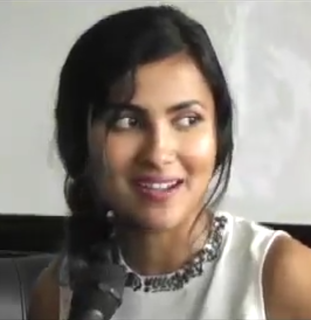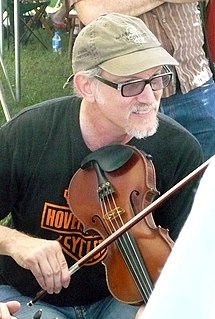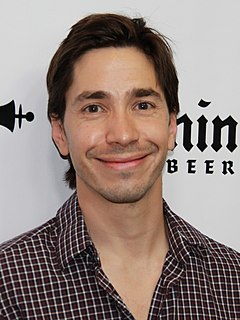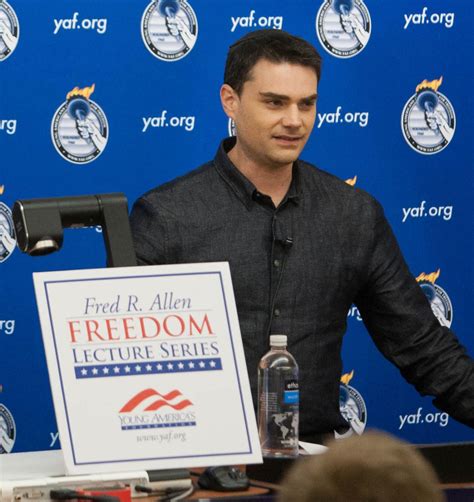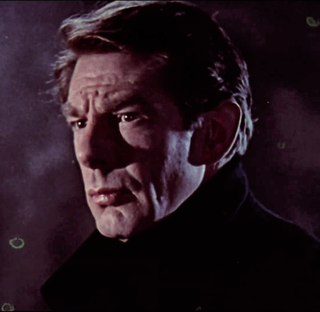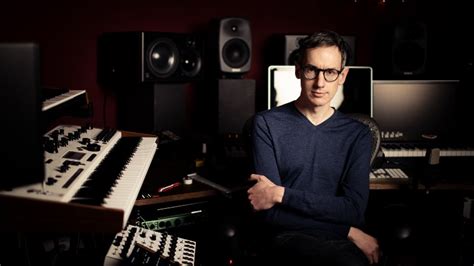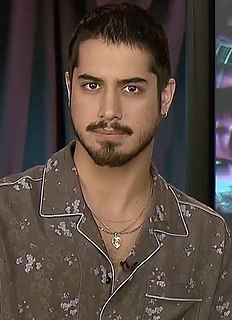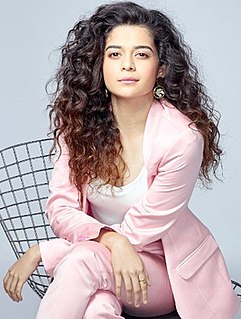A Quote by Vidya Vox
The thing about doing mashups and covers is it's great, but a part of you never gets to really showcase what your original sound is like or what your writing voice is like.
Related Quotes
I have friends who are capable of writing a very rough draft and then going back and embroidering - they're sort of the cathedral builders of fiction. I never really know what I'm doing, and all my pleasure's on the level of the line. It's a weird way to move forward. It's kind of like a way to caterpillar your way through these great woods. The best ones, whatever I feel like I'm writing about, some other secret thing will begin to come into focus.
There are things about how a note sounds on a violin that are really analogous to the human voice - you have a frequency and the air, and then you have a timbre which really is overtones - and making those things work together is one thing. The other thing is mechanical: If you can use your hands and arms to create sound on a fiddle, then learning to sing with it is like adding a third body part. And it's all training.
I think, when you're a young composer, you're told constantly that what you're supposed to do is figure out what your voice is. "What is your thing supposed to sound like?" You know: "What's the thing you do," that everyone can recognizably tell from a long distance is you and then you're supposed to be in search of that marker and you're supposed to find it and you're supposed to live there for the rest of your life. And it seemed to me, from a young age, that was what I was encouraged to do. You find a sound and that's your sound! That's what you do.
I loved the idea of doing impressions and mimicking and playing around with the spectrum of your own voice. That's what I enjoy most about doing voiceovers. You can be completely unconscious with the rest of your body and just concentrate on doing something with your voice, creating an entire character with your voice.
For me, the hardest part is getting up and writing, that's the hard part. I always felt like I could teach someone to direct if I really had to. I feel like it's a skill that's passable, but writing... writing is the worst. That's what I'm doing right now, it's just the hardest thing that you'll ever do.
Something like Deckard Cain is great; it doesn't ruin your voice. But games that involve violence or battle or mutating and stuff like that really does take a toll on your voice. And I've even had to start to go to a voice guru kind of guy to do exercises to try to save and get back some of what I lost.
I'm not very good at sounding like other people. When you're going through your 20's and trying to get a break and that kind of thing, and you're trying to do something that sounds like film music, your idea of what it would be, it never really worked out for me and it's only really when I learned to trust the fact that I could only really sound like me.
Write like you write, like you can't help but write, and your voice will become yours and yours alone. It'll take time but it'll happen as long as you let it. Own your voice, for your voice is your own. Once you know where your voice lives, you no longer have to worry so much about being derivative.
We're always being told 'find your voice.' When I was younger, I never really knew what this meant. I used to worry a lot about voice, wondering if I had my own. But now I realize that the only way to find your voice is to use it. It's hardwired, built into you. Talk about the things you love. Your voice will follow.
Here's the truth about telling stories with your life. It's going to sound like a great idea, and you're going to get excited about it, and then when it comes time to do the work, you're not going to want to do it. It's like that with writing books, and it's like that with life. People love to have lived a great story, but few people like the work it takes to make it happen. But joy costs pain.
